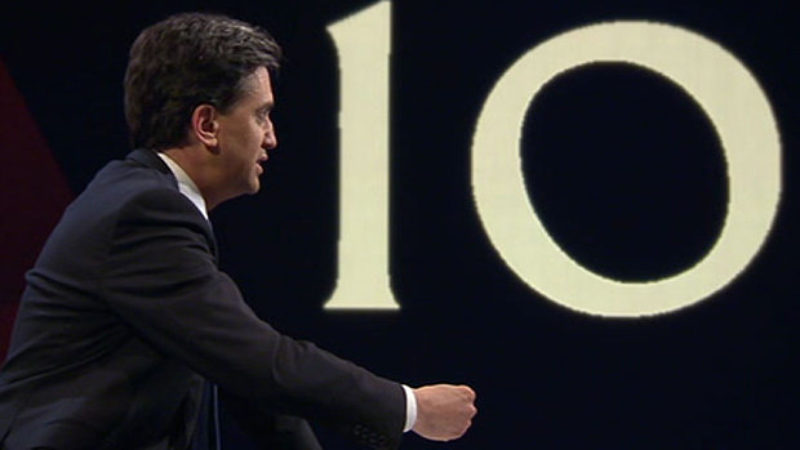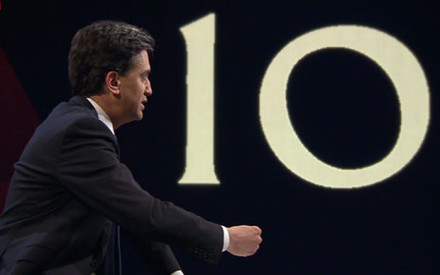

Labour did not lose last year’s election because it was too left wing or because voters did not like Ed Miliband enough, a new academic report claims.
The research, published by the University of Oxford, says that Labour’s efforts to mobilise non-voters had some effect, with the largest gain in vote share coming among those who had not voted in 2010.
However, it also concludes that Labour lost support to the Tories over the economy, particularly over fears of over-spending, and to UKIP over immigration.
In a boost for the direction Jeremy Corbyn is seeking to take the Labour Party in, the report states: “What we’ve learnt so far is that Labour didn’t lose because they were seen as having moved to the left. In fact, on a left-right spectrum, the public consistently see Labour as closer to their own views than the Conservative Party.
“The attitudes and values of the majority of the British public are firmly rooted in the desire for a fairer society, based on principles of equality and social justice. Immigration, welfare, and leadership all played a role in Labour’s defeat but Labour’s failure appeared to be more about perceived competence and rhetoric than about policy.”
It also finds little evidence to suggest that Ed Miliband’s leadership cost Labour, saying that “negative perceptions of Ed Miliband had a small effect on Labour’s vote share but not as large as others have suggested”.
“Suppose Ed Miliband had the same like-ability ratings as David Cameron, but kept to the same Labour policies. Could Labour have won with the more charismatic Cameron as leader? Our analysis gives an emphatic no,” the report states. “At most, had Ed Miliband been as likeable he would have increased Labour’s vote share by ~1.5 percentage points (about 380,000 votes); and this was not enough to sway the election.”
Despite this, it concedes that “Labour’s perceived fiscal extravagance did matter” and that the party “lost support to the Conservatives among those most concerned about the economy and to UKIP among those most concerned about immigration.”
Using data from the British Electoral Study, the paper finds four main reasons for the party’s defeat at the polls:
“Labour’s shortcomings were an inability:
“1) to build a strong economic narrative that countered the Conservatives story of deficit-reduction,
“2) to convince the electorate they were able to deliver on their election promises,
“3) to address tensions around immigration, particularly the economic case for immigration in communities experiencing both the costs and benefits of migrants, and
“4) to develop a competing case for social security, one that was grounded in the lived experience of everyday people affected by the Great Recession and subsequent austerity”.




More from LabourList
‘Council Tax shouldn’t punish those who have the least or those we owe the most’
Two-thirds of Labour members say government has made too many policy U-turns, poll reveals
‘Two states, one future: five steps on the path to peace for Israelis and Palestinians’